Currently Empty: $0.00
Tai Chi Knowledge
Qigong vs Tai Chi: Key Differences and Benefits
Ever stopped to think what’s the real difference between Qigong and tai chi? Lots of people wonder the same thing! They both come from old Chinese traditions and work with movement, breathing, and energy. Though they’re similar in some ways, each has its own special features.
Table of Content
- qigong vs tai chi for beginners
- qigong vs tai chi health benefits
- qigong vs tai chi for stress relief
- qigong vs tai chi for seniors
- qigong vs tai chi for weight loss
- qigong vs tai chi for energy flow
- qigong vs tai chi for mental clarity
- qigong vs tai chi for chronic pain
- qigong vs tai chi for meditation
- qigong vs tai chi for flexibility
- qigong vs tai chi for self defense
- qigong vs tai chi for spiritual growth
- qigong vs tai chi for better sleep
Want to get healthier, chill out, or try mindful movement? Knowing the differences helps pick what’s best for you. Let’s break it down and see what makes them different.
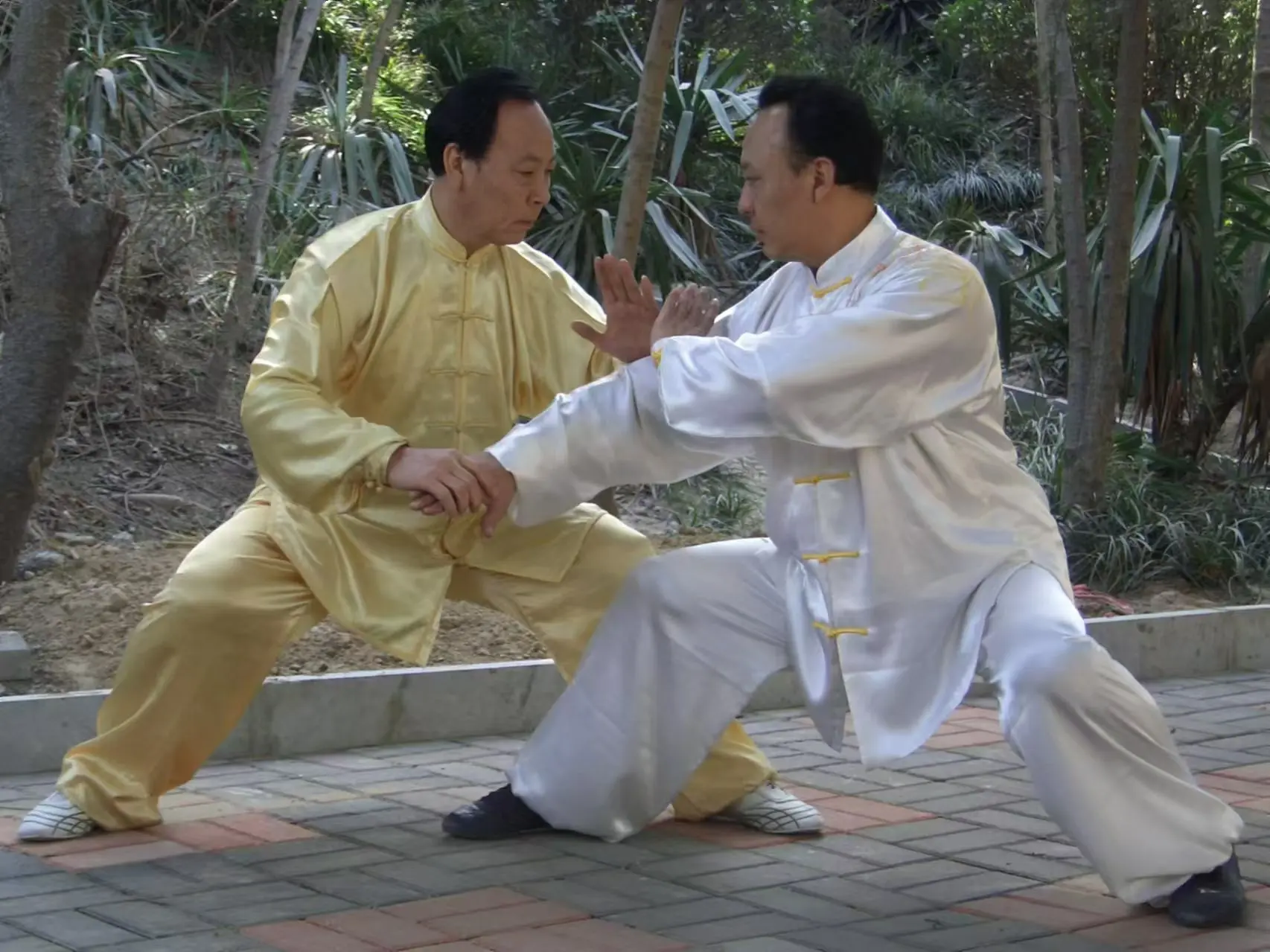
qigong vs tai chi for beginners
New to this? You’re probably asking which is easier to learn. Qigong’s usually easier for starters – simpler moves you repeat, plus lots of breathing and energy work.
Tai chi’s got these longer routines called forms that take more time to get good at. But don’t worry – both can be adjusted for any fitness level, and teachers often have beginner versions. Here’s a tip: just do a few minutes daily at first, then slowly do more as you get used to it. Stick with it – that’s what really matters!

qigong vs tai chi health benefits
Both are great for your health, but they help in different ways.
Qigong’s awesome for stress and energy – perfect if you’re tired or anxious. Tai chi’s smooth moves are great for balance, flexibility, and even your heart.
Research shows doing either regularly can lower blood pressure, boost immunity, and clear your mind. I’ve seen people get way healthier just by doing 15 minutes daily. Just pick what feels right for you and your goals.
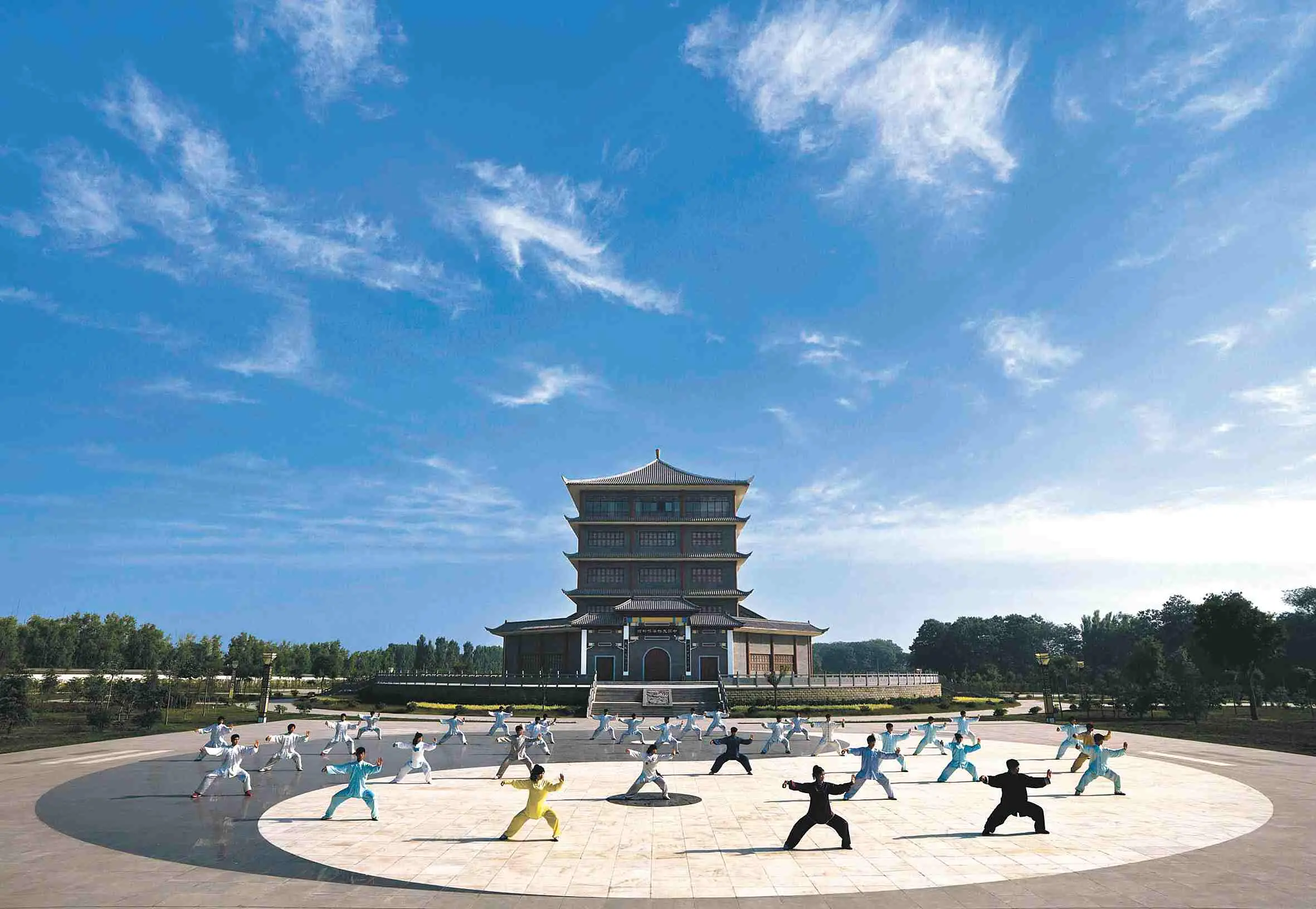
qigong vs tai chi for stress relief
These days, everyone’s looking for ways to chill out. Qigong’s slow, mindful moves really help calm your mind and loosen up.
The deep breathing kicks your relax mode into gear. Tai chi helps with stress too, but its careful moves make it more active mindfulness. I tell people: qigong for quick breaks, tai chi for more focused sessions. Test them out and see what works better for you!

qigong vs tai chi for seniors
Older folks love these because they’re easy on the body and help with movement. Qigong’s slow moves are joint-friendly – you can even do it sitting down if that’s easier.
Tai chi’s gentle too, but works your balance more – great for staying steady on your feet. Lots of places have special classes for seniors – just ask about them. I’ve seen how these help older folks feel better – less joint pain, happier mood.
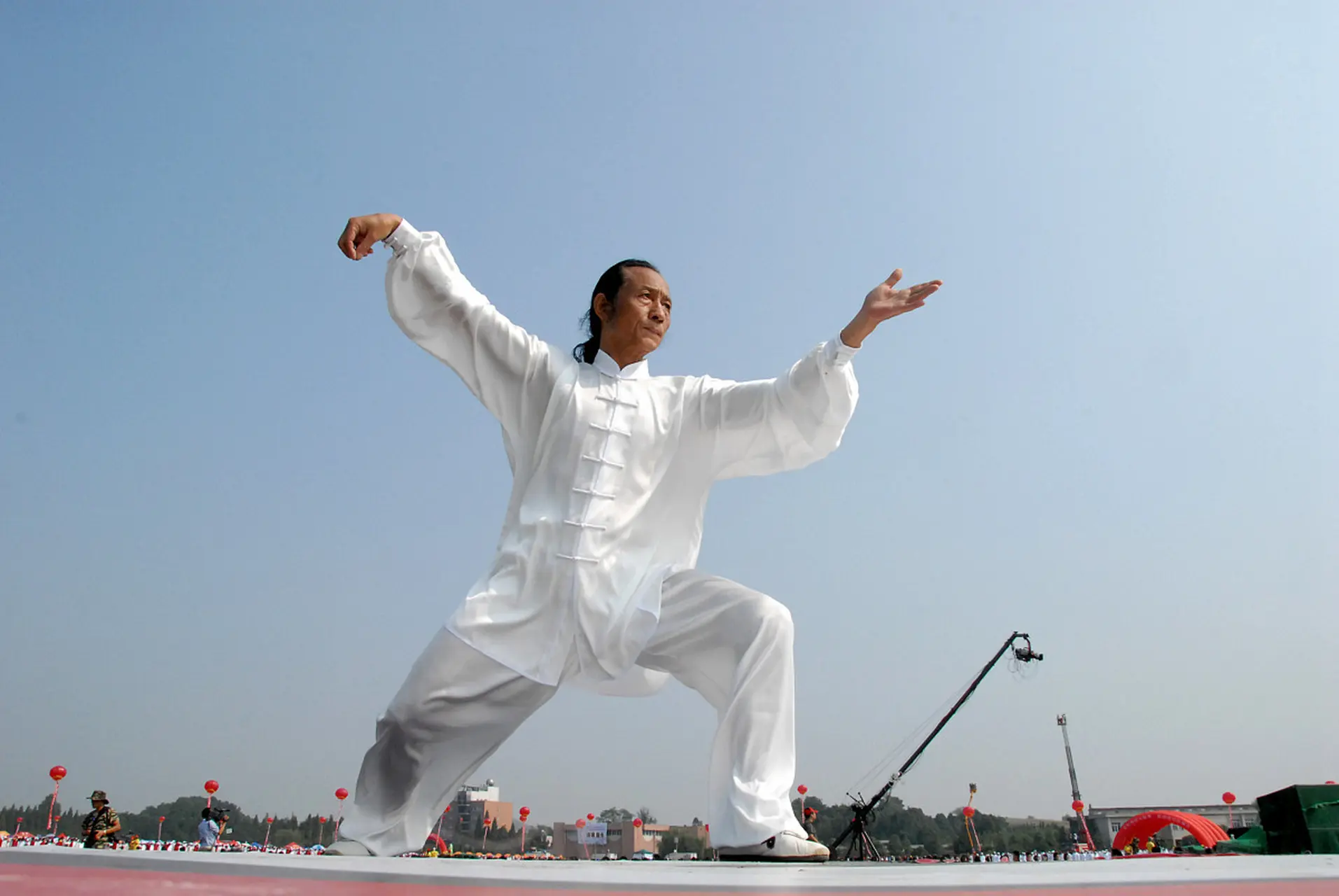
qigong vs tai chi for weight loss
They’re not hardcore workouts, but they can help with weight loss if you eat right too. Tai chi keeps you moving more, so it burns more calories than qigong.
But qigong’s stress relief might stop you from stress-eating and help your gut. For real results, eat well and do other exercises too. Some folks start with tai chi then get more active, others find qigong helps them eat better. Just do what clicks for you!
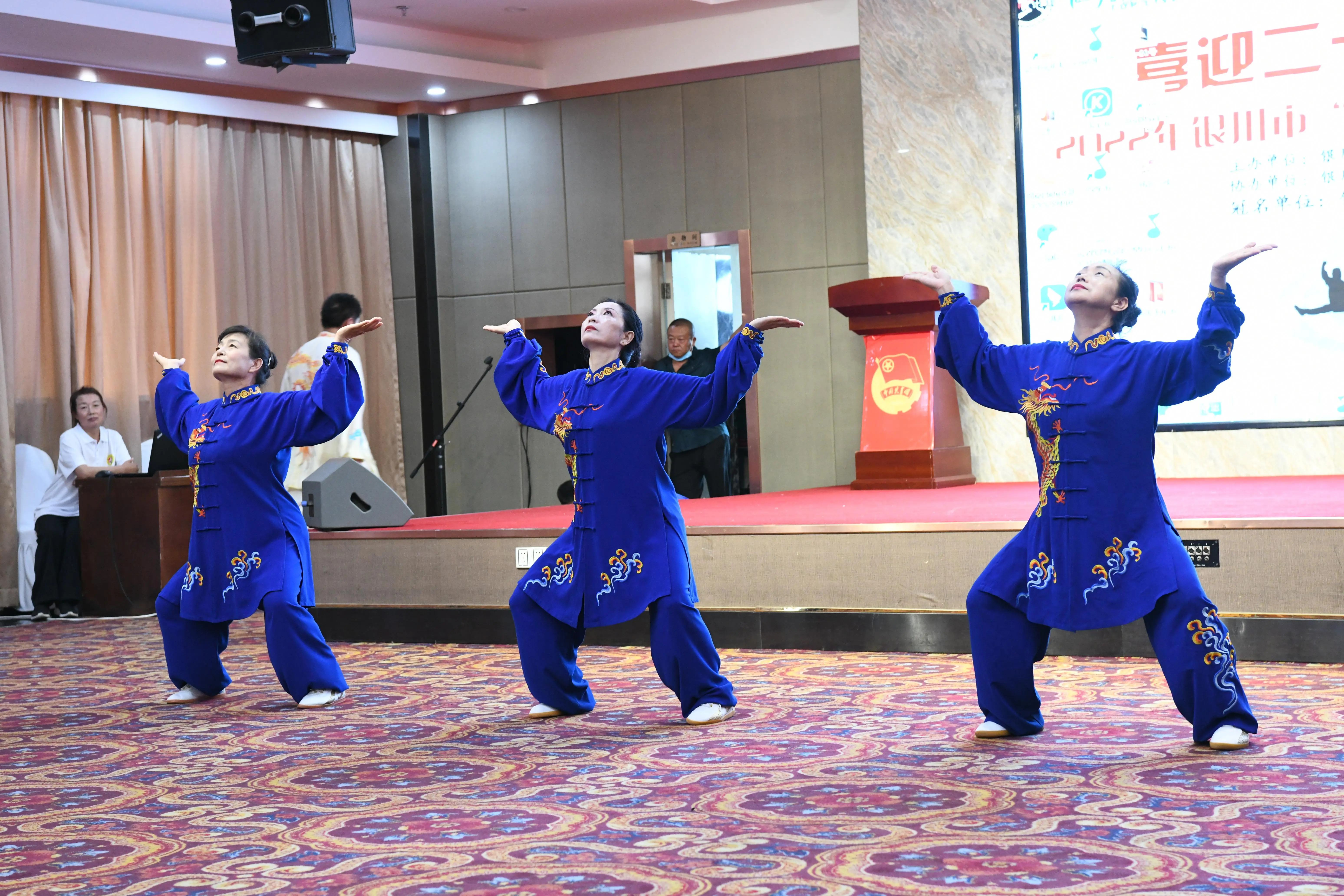
qigong vs tai chi for energy flow
Both are about that qi energy that runs through your body.
Qigong works on building and balancing energy with poses and breathing. Tai chi keeps that energy flowing smoothly with its moving routines.
Feeling blah? Qigong can give you a quick pick-me-up. Tai chi’s better for keeping your energy steady over time. Just listen to your body – sometimes a short qigong session is all it takes to feel fresh.
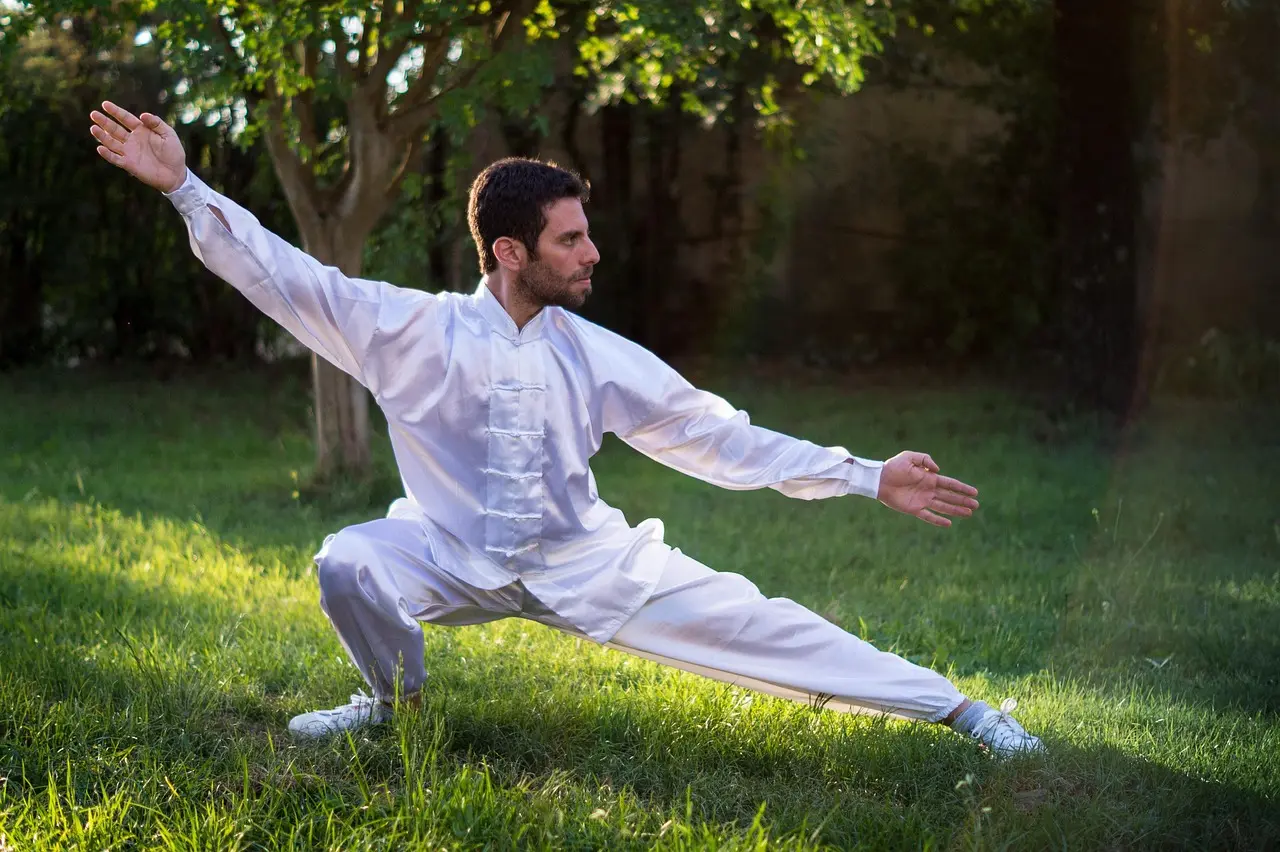
qigong vs tai chi for mental clarity
Want to think clearer? Both can help big time. Qigong’s like meditation – calms your mind and helps when you’re spaced out or stressed.
Remembering tai chi moves can actually sharpen your mind and memory. Lots of people feel more focused after just weeks of doing it. Pro tip: do it in the morning to start your day right. You’ll be shocked how much more you get done!
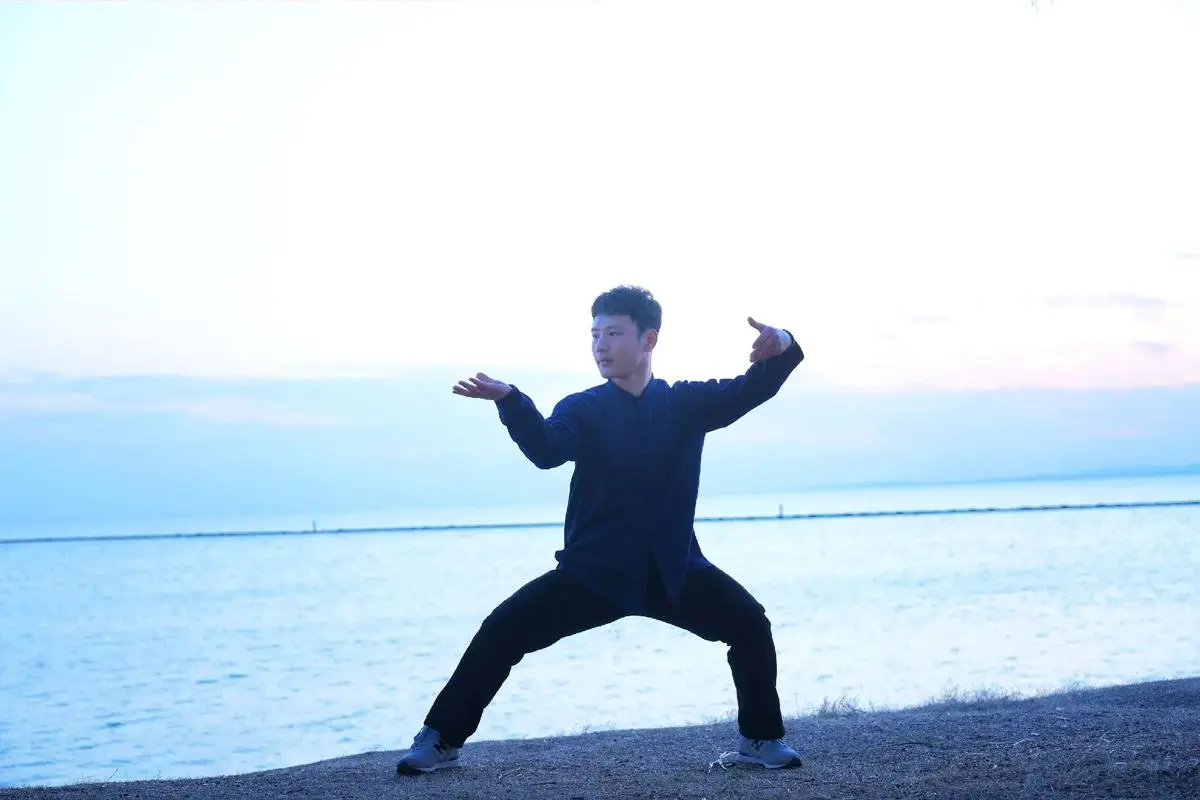
qigong vs tai chi for chronic pain
People with long-term pain often feel better doing these gentle movements. Qigong’s relax mode and energy work can ease tightness and swelling.
Tai chi’s slow moves help joints move better and strengthen sore spots. I’ve seen folks handle fibromyalgia and back pain by doing this regularly. Check with your doc first, but these old-school moves can really help you feel better.

qigong vs tai chi for meditation
Both can be like meditation, but in different ways.
Qigong meditation is usually standing or sitting, focusing on breathing and energy. Tai chi’s more like meditation while moving – body busy, mind focused.
Can’t sit still? Tai chi’s your mindfulness fix. Like regular meditation better? Qigong’s got you covered. I mix both – qigong first to get centered, then tai chi to keep moving.
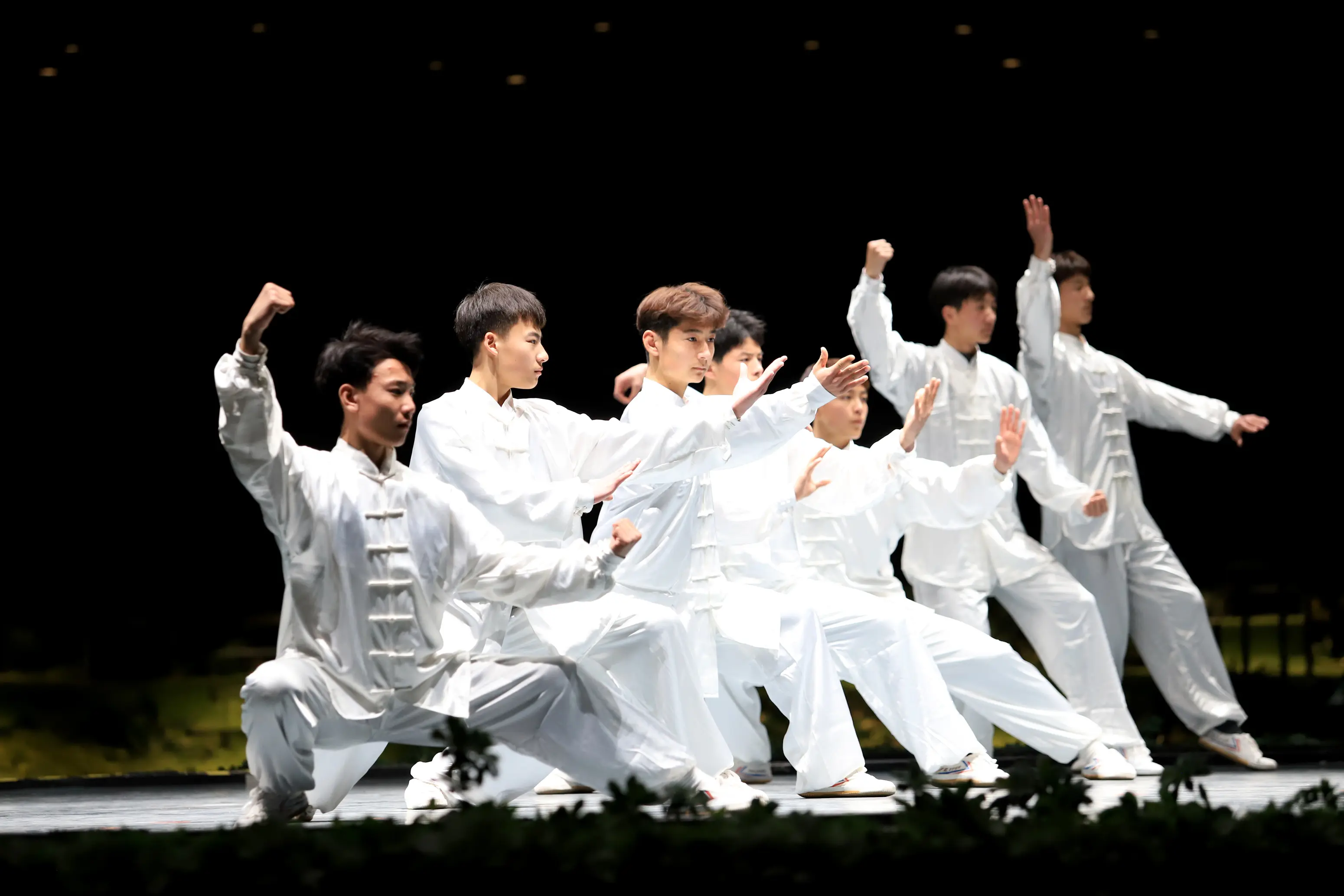
qigong vs tai chi for flexibility
Want to get more bendy? Tai chi’s wide moves really help your hips and shoulders loosen up. Qigong helps too, but with softer stretches and joint work.
Both say don’t push too hard – that’s key for keeping at it. I’ve seen tight folks get way more flexible – this stuff works. Just know it takes time – go easy on yourself.
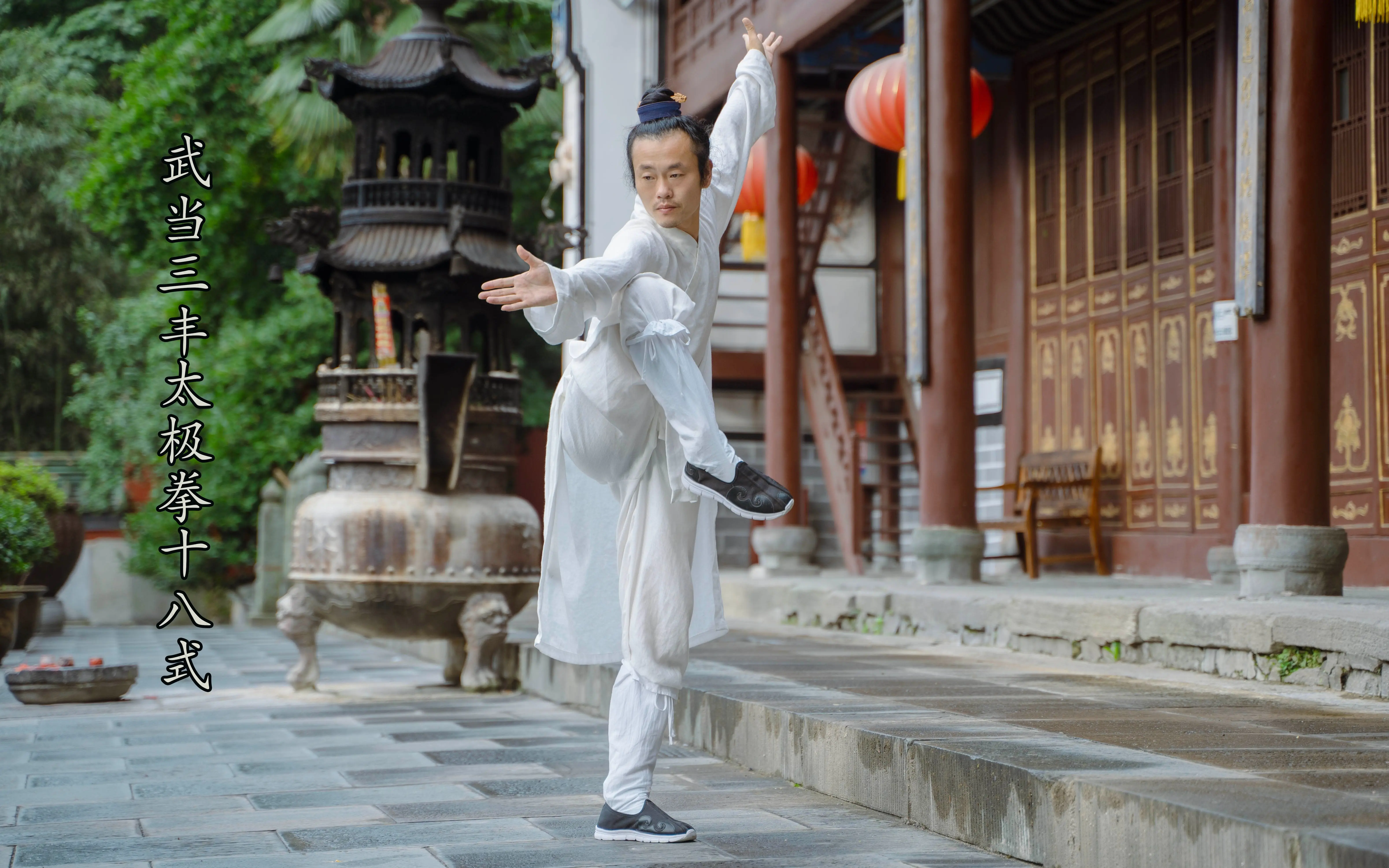
qigong vs tai chi for self defense
Tai chi’s known for fighting moves, but qigong’s all about energy work. Tai chi started as a gentle martial art – it’s about guiding force, not fighting it.
So it’s actually pretty good for self-defense, just not obvious. Qigong boosts your awareness and energy – helpful if you need to defend yourself. Want self-defense? Find tai chi classes that focus on that. You’d be surprised how strong these smooth moves can be!
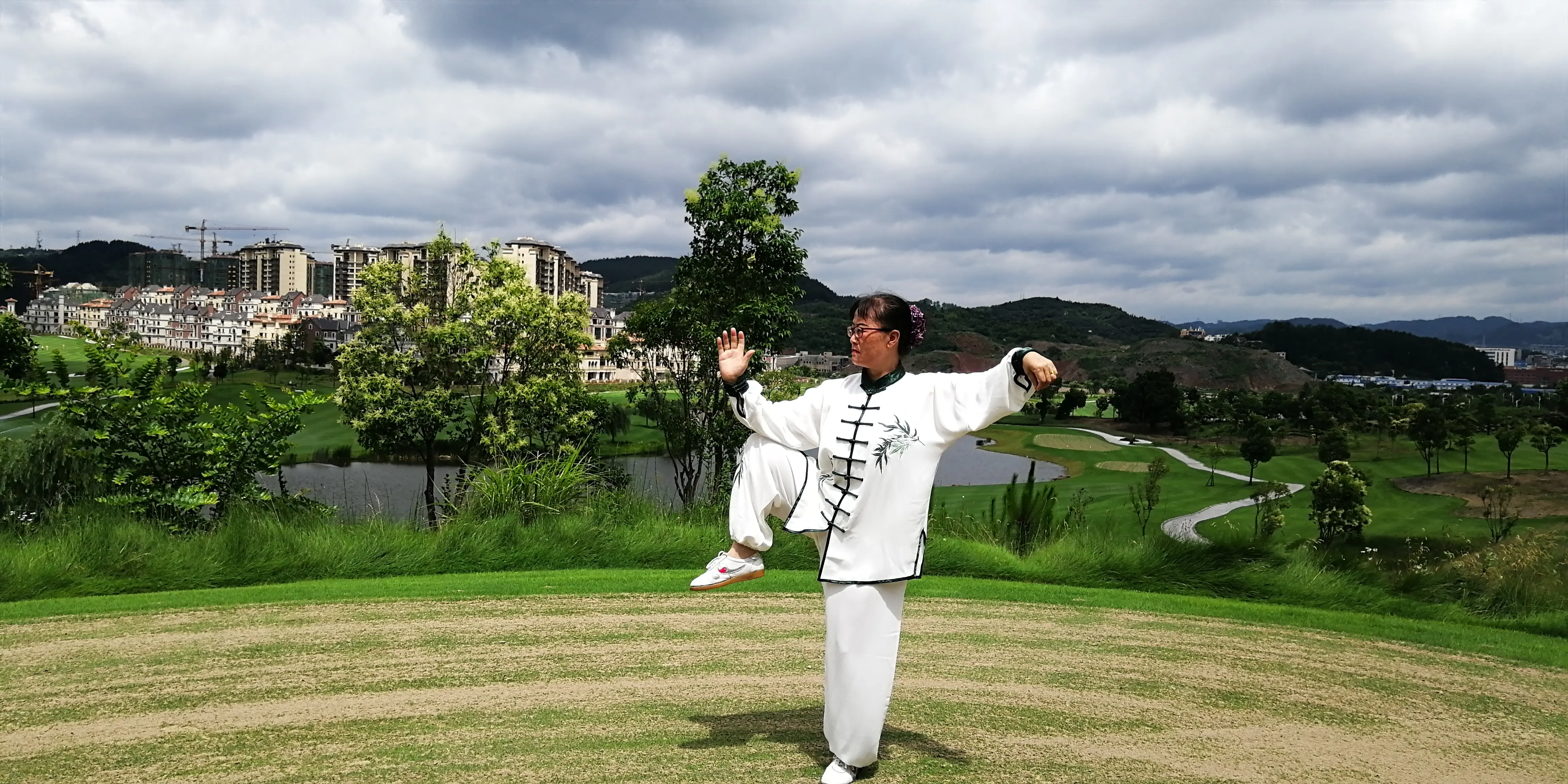
qigong vs tai chi for spiritual growth
Both can really deepen your spirit, if that’s what you’re after.
Qigong’s energy focus is perfect for growing spiritually. Tai chi’s moving meditation can bring real peace inside.
Lots of people feel more connected to themselves and everything else by doing this regularly. Sometimes during practice, everything just feels right – totally peaceful. Whether you’re spiritual or just looking, these can show you new ways of seeing things.
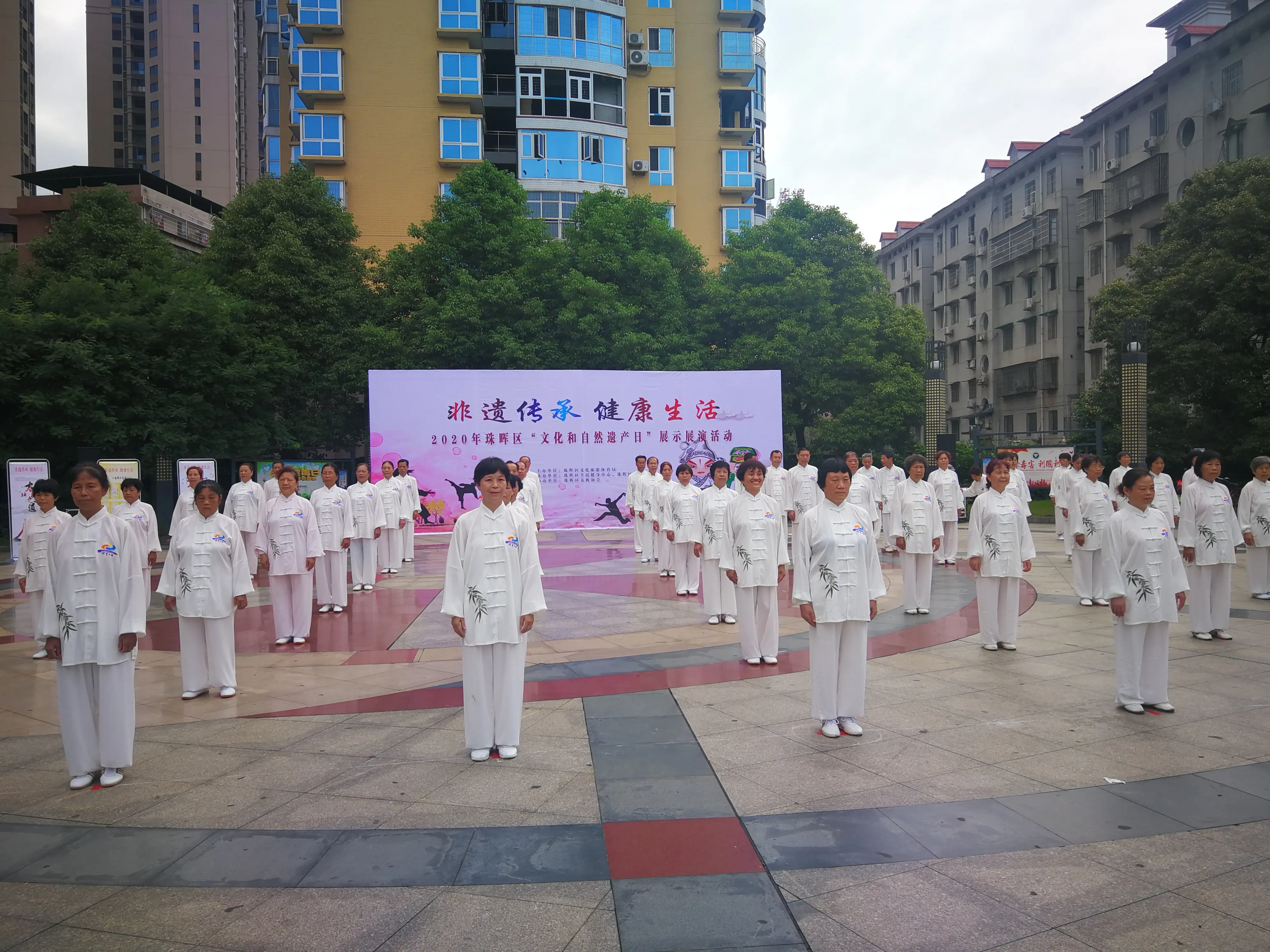
qigong vs tai chi for better sleep
Can’t sleep? Both can help you finally get some sleep. Qigong’s chill moves are great before bed to calm your thoughts.
Tai chi’s gentle movements can also promote relaxation, though some may find it slightly more stimulating than qigong. I recommend trying a short qigong routine about 30 minutes before bedtime—focus on slow, deep breathing and gentle stretches. Many of my students report falling asleep faster and staying asleep longer after making this a nightly habit. Sweet dreams are just a few movements away!
In conclusion, whether you choose qigong or tai chi (or both!), you’re embarking on a journey that can transform your physical, mental, and spiritual well-being. Each practice offers unique benefits, and the best one for you depends on your personal goals and preferences. Why not try a class or online tutorial of each and see which resonates with you? Remember, the most important thing is to enjoy the process and listen to your body. Here’s to your health and happiness—may your qi flow freely!
